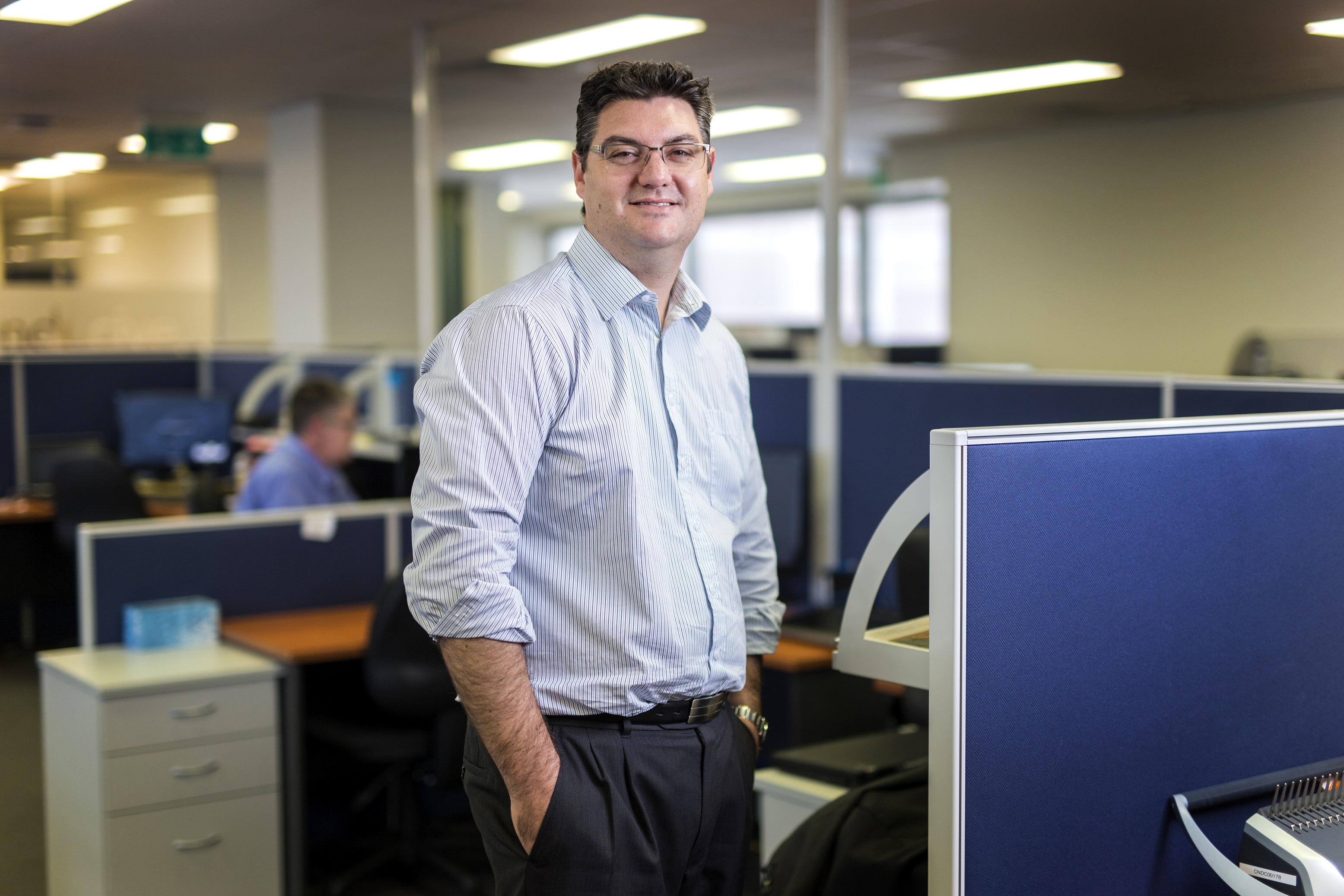Empired mines the low cost and value of IoT
For Empired, the international ICT services business, the attraction of the Internet of Things (IoT) is pretty basic: it enables the company to leverage its already vast knowledge of real-time information and insights to a much greater pool of customers.
As Darren Christophersen, the general manager of applications and consulting at Empired, explains, the company had for many years been putting together connected systems for customers – “and even as recently as five years ago that would involve a fair amount of effort in setting up a lot of infrastructure – both physical infrastructure and then applications to enable you to collect real-time information and provide insight to a business to help them make decisions.
“And I think one of the things that really attracted us to the Microsoft IoT platform was that it enabled us to leverage our knowledge of real-time, but bring that to a whole heap of new customers who couldn’t spend $1 million or $2 million on a solution, allowing them to leverage off those benefits without the massive upfront investment.”
Darren, who runs one of three divisions within Empired, said the company worked across all areas but was most prominent throughout the government and the resources sectors. As a partner with Microsoft in the Azure IoT readiness program, Empired works closely with Microsoft to identify and develop opportunities.
“It means that when we go and speak to customers we can say, ‘Look, this platform is going to offer everything it says it does; Microsoft are standing with us and are prepared to deliver and contribute to the success of these solutions.’ I think that’s added real credibility, in the sense that if you just turn up and start offering technology solutions now people are probably not that interested, you have to have that little bit extra.”
He said that the combination of IoT and Azure meant that it was no longer essential to have IT specialists to understand the complicated intricacies of software and hardware because platforms could now be run in the cloud as a subscription model, with no need to know what was happening underneath. This frees IT specialists to work on different innovative projects that could help the business.
The new services also meant that conversations with customers now usually started with a discussion about problems, rather than technology.
“The discussion isn’t really about a technology platform. We ask our customers: ‘What’s that thing which is causing you particular grief?’ and that’s talking straight to the business. From there you are able to have a number of other discussions around what can we do to improve efficiency? If I can help you run your plant quicker, you can get an extra throughput and I’d assume achieve greater revenue or something like that. Often it’s really a discussion around business issues rather than around the Internet of Things itself.”
Darren believes the future will include improvements in mobility and analytics.
“In the short term I would see that the offering of platforms is going to grow more and more. I think there’s still something to be played out in the mobility space; I mean, a country like Australia in particular has challenges around being connected whilst roaming.
“Here in WA, going out from a regional centre you don’t have to go very far and you will not have any mobile coverage whatsoever. So I think there may be some development there, and whether that is some new technology that’s going to allow us to have greater access to wireless networking, I don’t know. I also think that greater analytical capabilities as well are probably going to be developed as the application of these types of services and the value they delivery grow and mature, there’s certainly a lot of interest in the possibilities of real time analytics.”
And when asked what difference the Internet of Things has made to his mining customers, Darren returns to his earlier theme.
“Well, what they’re doing now is, because of the rapid time to value and your lower entry cost, they’re actually prepared to try things because they can see that the outcome is achievable.
“It comes down to that scale thing again. I don’t have to spend a million dollars, I can actually spend an amount of money which suits my particular budget and get some value that I can measure and then I can assess the benefits in continuin. I’ve got the value straight away, so it suits often the mining companies and manufacturing in general; they have this lean approach and it really suits that because they can do something, they can get value out of it quickly.
“You would have a good understanding if it’s going to deliver almost immediately, and within a month or two months you would know.
“And that’s unbelievable.”





